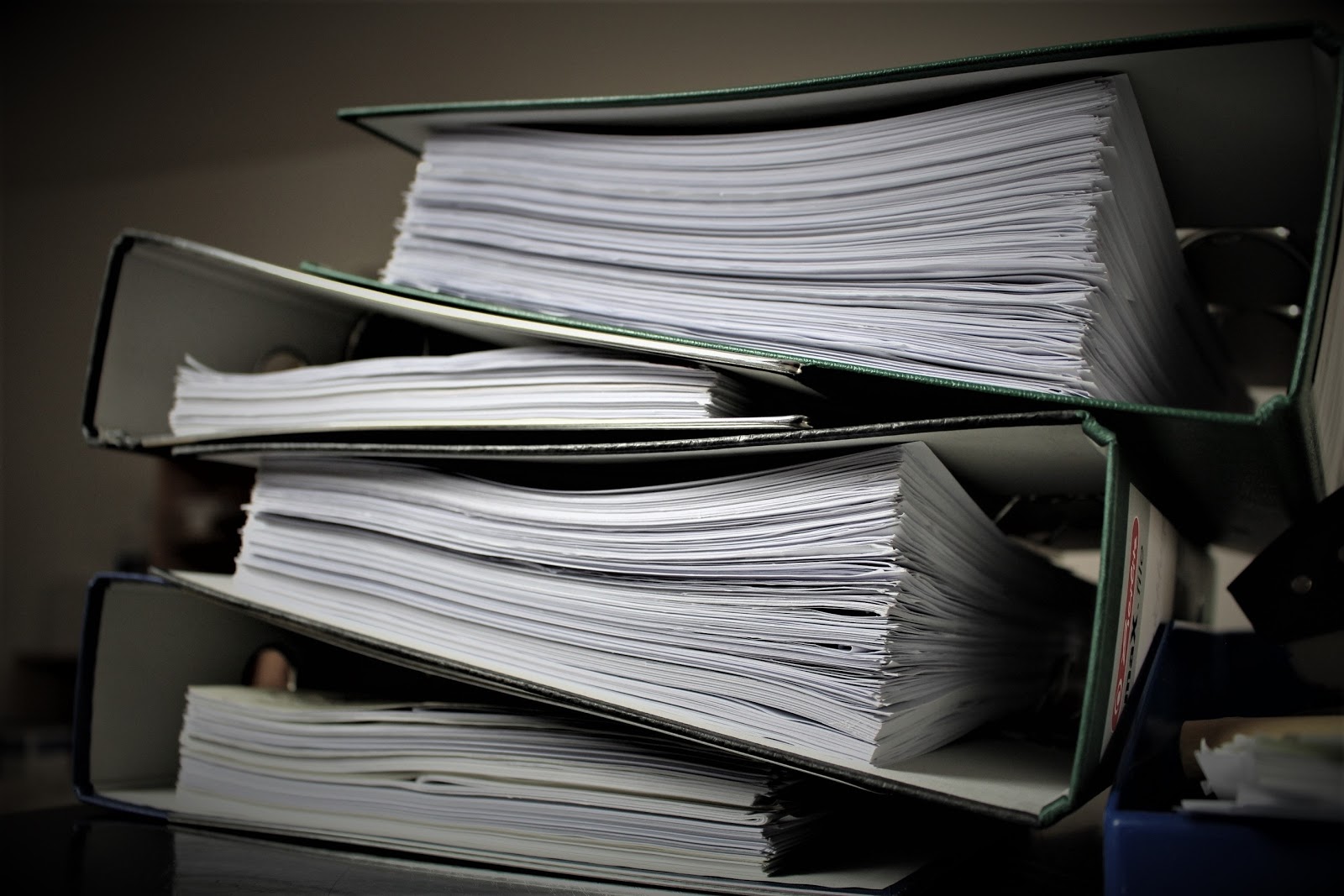Essential Paperwork for Buying Your Dream Home

In the journey towards homeownership, understanding the legal and financial paperwork involved is as crucial as finding the perfect property. Navigating through the myriad documents required during a real estate transaction can be daunting, but with the right information, you can sail smoothly towards owning your dream home. Here's an extensive guide on the essential paperwork every potential homeowner should be familiar with.
Mortgage Pre-Approval Letter

Before you even start looking for homes, securing a mortgage pre-approval letter is your first step:
- Obtain from a lender
- Shows sellers that you are a serious buyer
- Outlines the loan amount you qualify for
Purchase and Sales Agreement

Once you find the home you love:
- Offer a purchase and sales agreement to the seller.
- It includes the price, terms of sale, and contingencies.
Earnest Money Deposit

After agreement from the seller:
- Provide an earnest money deposit to demonstrate commitment.
- This amount is usually 1-3% of the purchase price and will be credited towards your down payment at closing.
Home Inspection Report

Contingency periods often allow for a home inspection:
- The inspector evaluates the home’s condition.
- You can negotiate repairs or price adjustments based on the findings.
Property Disclosure Statement

Every state mandates sellers to provide this:
- It lists known defects or issues with the property.
- Helps you make an informed decision.
Title Report and Insurance

Understanding the title of the property is crucial:
- The title report confirms the property’s legal ownership.
- Title insurance protects against future claims or liens on the property.
Homeowner’s Insurance

Prior to closing:
- Obtain homeowner’s insurance to cover any potential damages or losses to the property.
- It’s often a lender’s requirement.
Appraisal Report

The lender will order an appraisal:
- To assess the value of the property.
- Ensures the home’s worth matches the loan amount.
Loan Estimate and Closing Disclosure

Your lender will provide:
- Loan Estimate within three business days after application
- Closing Disclosure at least three days before closing
Closing Documents

At the closing:
- You’ll sign numerous documents, including the Settlement Statement, Promissory Note, and Deed of Trust/Mortgage.
⚠️ Note: Always take the time to thoroughly review every document before signing. If unsure, seek clarification or consult with a real estate attorney.
Finalizing the paperwork process for buying a home is a significant milestone. This comprehensive guide covers the key documents you’ll encounter, ensuring you're well-prepared for each step of this life-changing journey. Navigating through these papers with confidence will help you secure not just any home, but your dream home.
What happens if issues are found during the home inspection?

+
You can negotiate with the seller to either fix the issues, reduce the price, or you may choose to walk away from the deal, depending on the severity of the issues and the agreement’s terms.
Is title insurance necessary?

+
While not mandatory by law, title insurance is highly recommended to protect against future claims or liens on the property that might arise after you’ve purchased the home.
Can the mortgage pre-approval expire?

+
Yes, a mortgage pre-approval letter typically expires after a set period, often between 60 to 90 days, and you may need to re-apply if you exceed this timeframe.